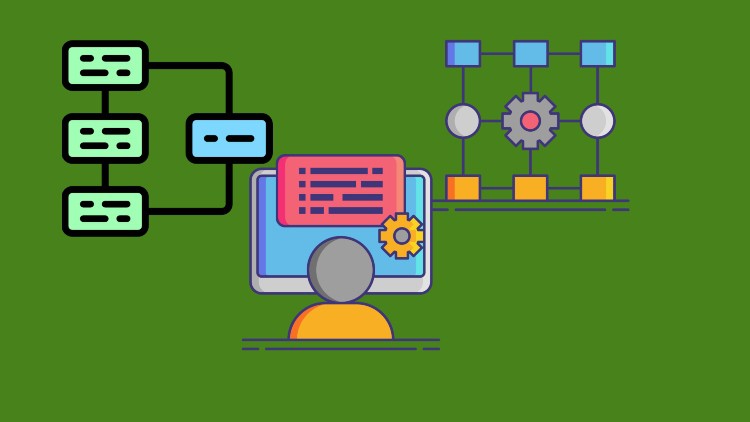Automate Web Scraping Using Python Scripts and Spiders

Why take this course?
🌐 Master Web Scraping with Python: Automate Data Extraction from the Web!
Course Title: Automate Web Scraping Using Python Scripts and Spiders
Course Headline: Build Scripts and Spiders from scratch to extract data from the internet.
Unlock the Secrets of the Web with Python!
Are you ready to dive into the world of web scraping and harness the power of Python to automate your data extraction needs? Whether you're a beginner or an experienced developer looking to expand your skillset, this course is designed to guide you through the process of creating your own web scraping scripts and spiders.
Course Description:
Web scraping is a powerful technique used to automatically download a web page's data and extract specific information from it. This course will teach you how to do just that, using Python—a language that's both versatile and robust for such tasks. You'll learn best practices, understand the legal implications, and master tools like BeautifulSoup and Scrapy.
🔍 Basic Scraping Rules:
- Respect the Terms of Service: Always ensure that your web scraping activities comply with the website's terms and conditions to avoid any legal complications.
- Be Gentle: Avoid overwhelming the server with too many requests in a short period—remember, you're a guest on their digital property.
- Adaptability is Key: Websites change over time. Your code should be resilient and able to adapt to new layouts or structures.
Popular Web Scraping Tools in Python:
- BeautifulSoup: A Python library for parsing HTML and XML files, making it a breeze to extract data from web pages.
- Scrapy: An open-source framework designed for web scraping and web crawling that can be used for various purposes like data mining, research, or archival.
Understanding Web Scraping:
Web scraping involves two main steps: fetching and extracting data. Fetching is the process of downloading a page, which is followed by extraction—parsing, searching, reformatting, and ultimately copying the data into a format or system of your choice.
Applications of Web Scraping:
Web scraping serves a multitude of purposes across various industries:
- Contact Scraping: Collecting names, phone numbers, or other contact information.
- Market Analysis: Monitoring online prices and conducting price comparisons.
- Research: Gathering data for academic or market research.
- Real Estate Data Collection: Scraping listings from various platforms.
- Data Mining: Extracting useful nuggets of information from large volumes of web content.
- Reputation Tracking: Monitoring online presence and reputation.
- Web Integration: Combining data from different sources into a cohesive system.
Web Scraping and APIs:
Many companies, including giants like Amazon AWS and Google, offer web scraping tools, services, and public datasets free of cost. These tools simplify the process of extracting data, making it accessible to developers and businesses alike.
By the end of this course, you'll have a solid understanding of how to create your own Python-based web scrapers, adhere to ethical practices, and leverage powerful libraries like BeautifulSoup and Scrapy. You'll be equipped with the skills to extract valuable data from the web and turn it into actionable insights for your projects or business.
Enroll now and embark on your journey to mastering web scraping with Python! 🚀📊
Loading charts...